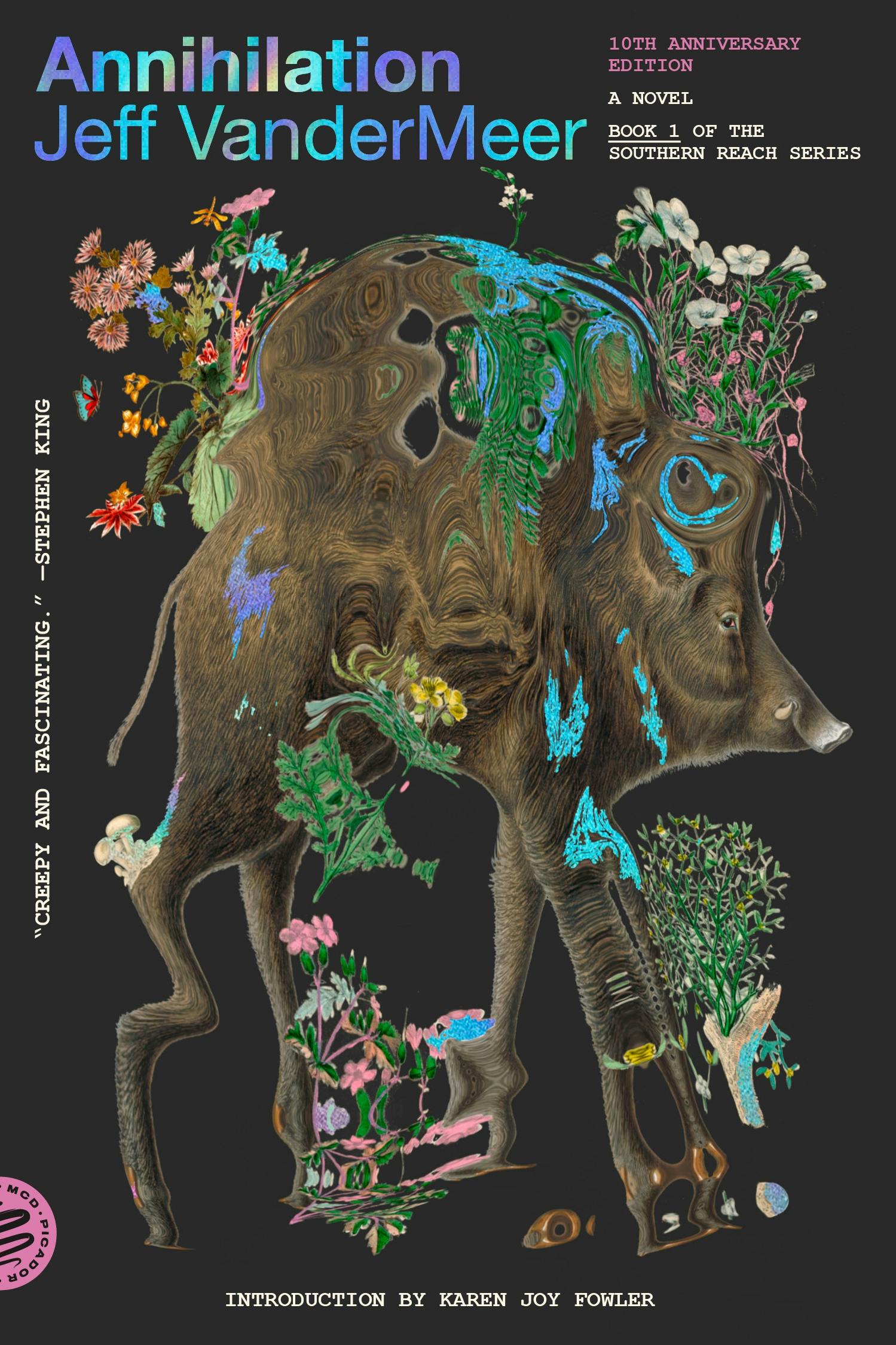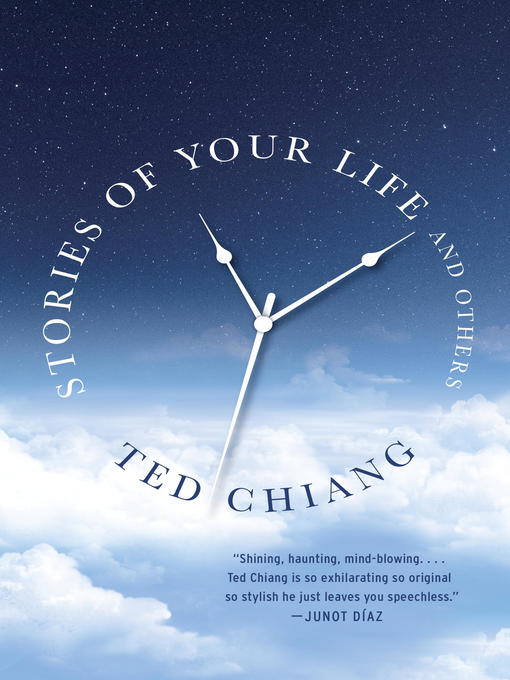The Minority Report
Philip K. Dick (1956)

2025 reads, 2/25:
“The existence of a majority logically implies a corresponding minority.”
It’s a pretty obvious statement, but a crucial one, as PKD demonstrates in his novella The Minority Report, first written in 1956. In a world where people are persecuted for their crimes before they are even committed, how does the commander of such a system react when he sees his own name come up?
One of this month’s collections on The Criterion Channel is Surveillance Cinema, which includes dystopian sci-fi classics like The Truman Show, Gattaca, and Minority Report, the last of which is obviously based on this story. I’ve never seen the movie, and because I usually like to read a book first, I figured I’d give this one a tackle.
“‘You’ve probably grasped the basic legalistic drawback to precrime methodology. We’re taking in individuals who have broken no law.’”
The concept of “precrime” is a novel idea for its time, but I really underestimated how much these themes of free will and predestination show up in other media. Reading this reminded me of the show Person of Interest, a television drama where a group of vigilantes stop crimes before they happen based on an artificially intelligent machine. However, this machine predicts that a person will be either a victim or a perpetrator of a crime (but cannot decipher which).
The Minority Report starts with a great but chilling concept, and PKD follows through with a great story. It’s written well, and short enough such that you can dive into some cyberpunk-esque and dystopian sci-fi without committing to a full-length novel.
“Perhaps he was trapped in a closed, meaningless time-circle with no motive and no beginning. In fact, he was almost ready to concede that he was the victim of a weary, neurotic fantasy, spawned by growing insecurity. Without a fight, he was willing to give himself up.”









